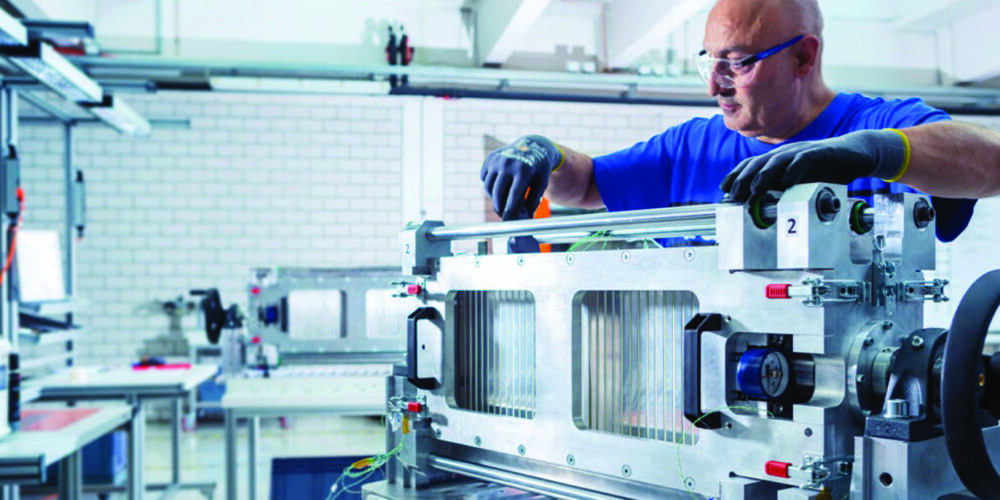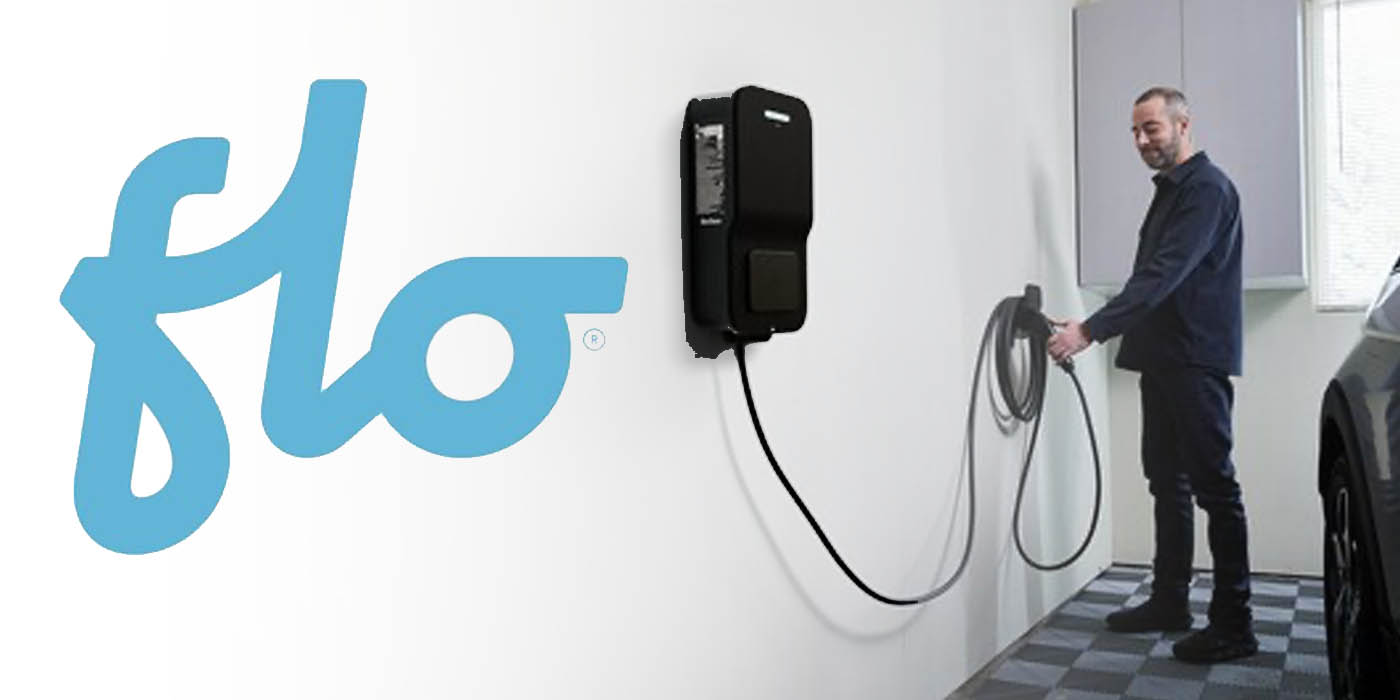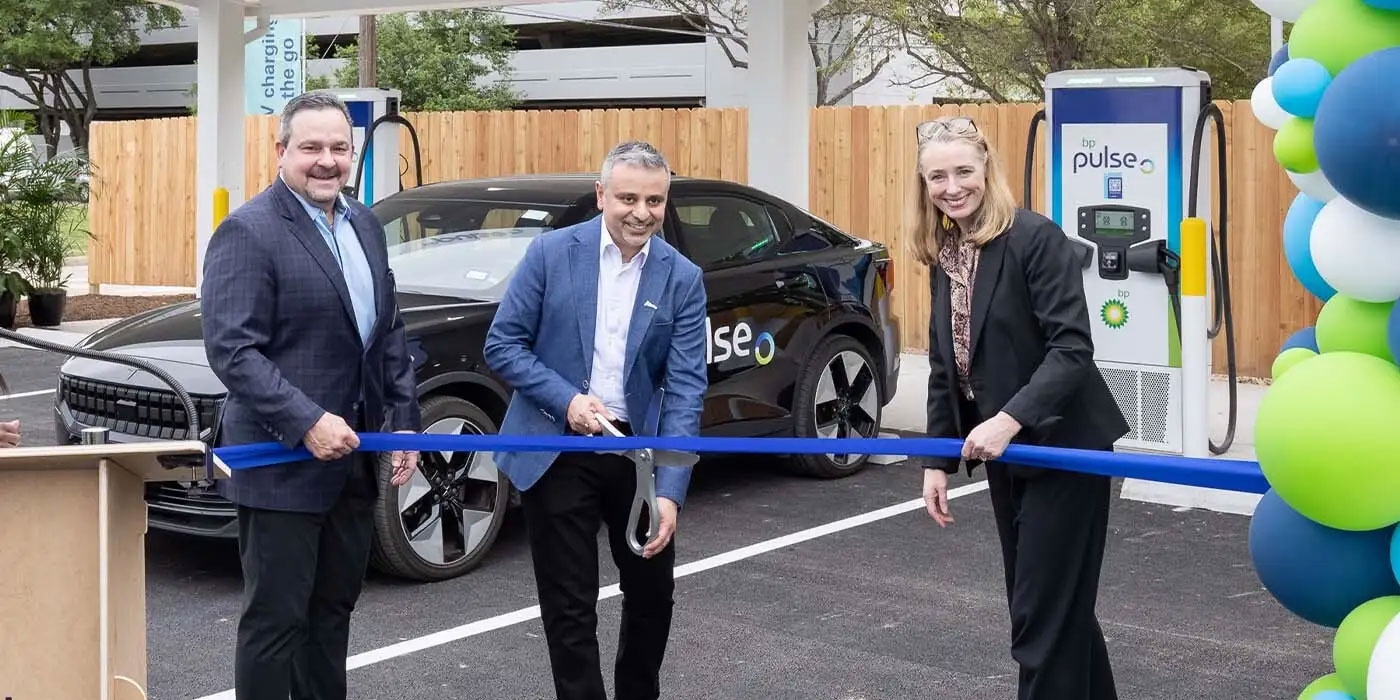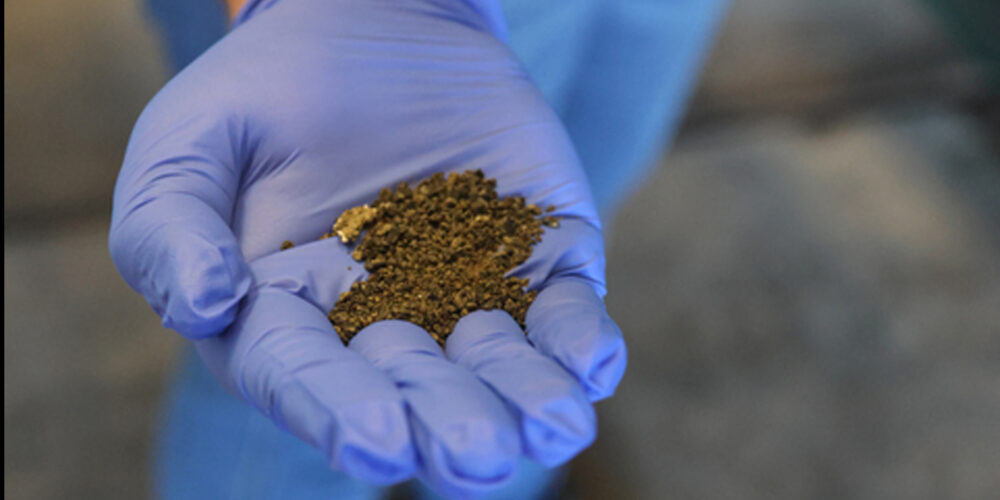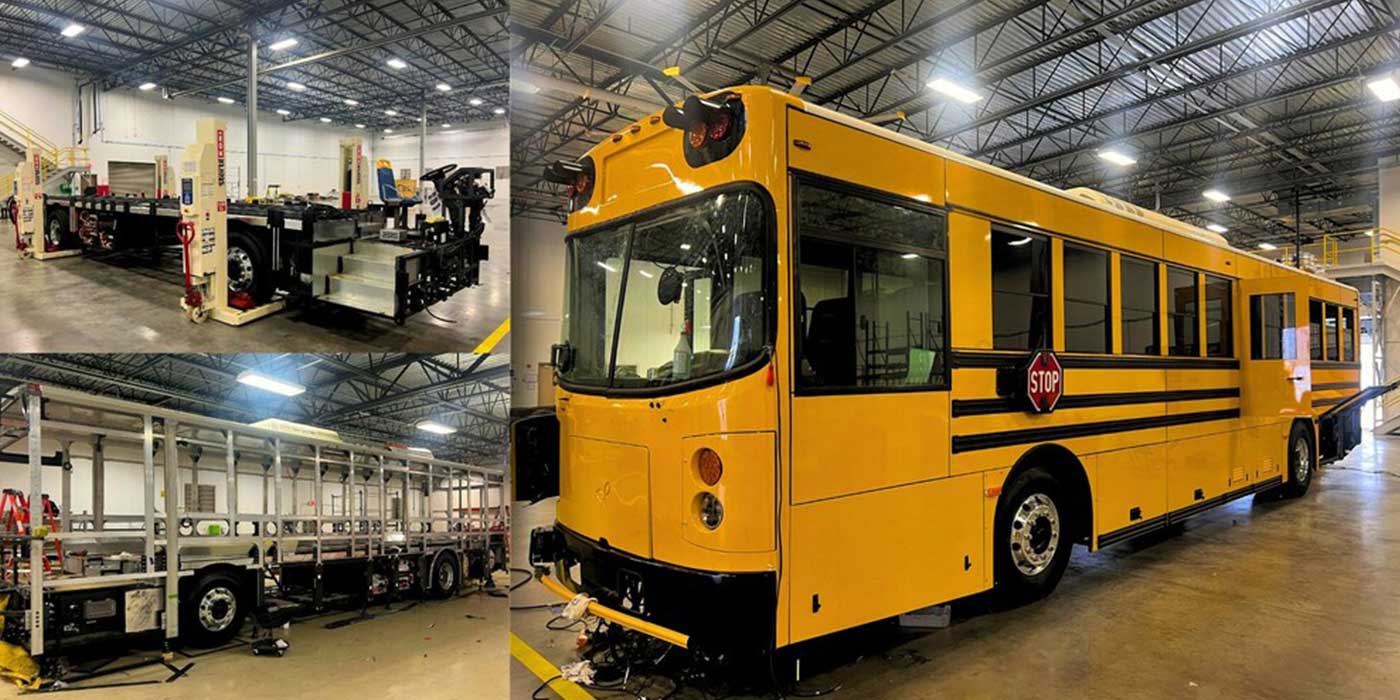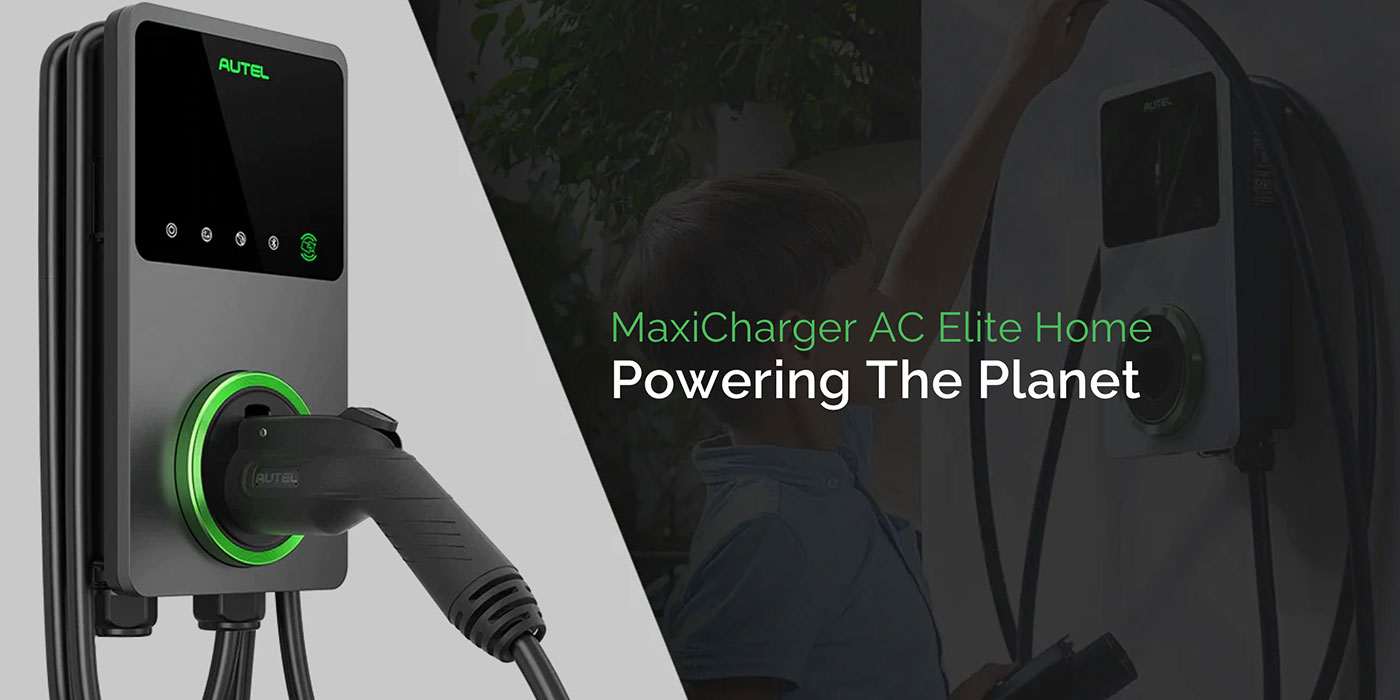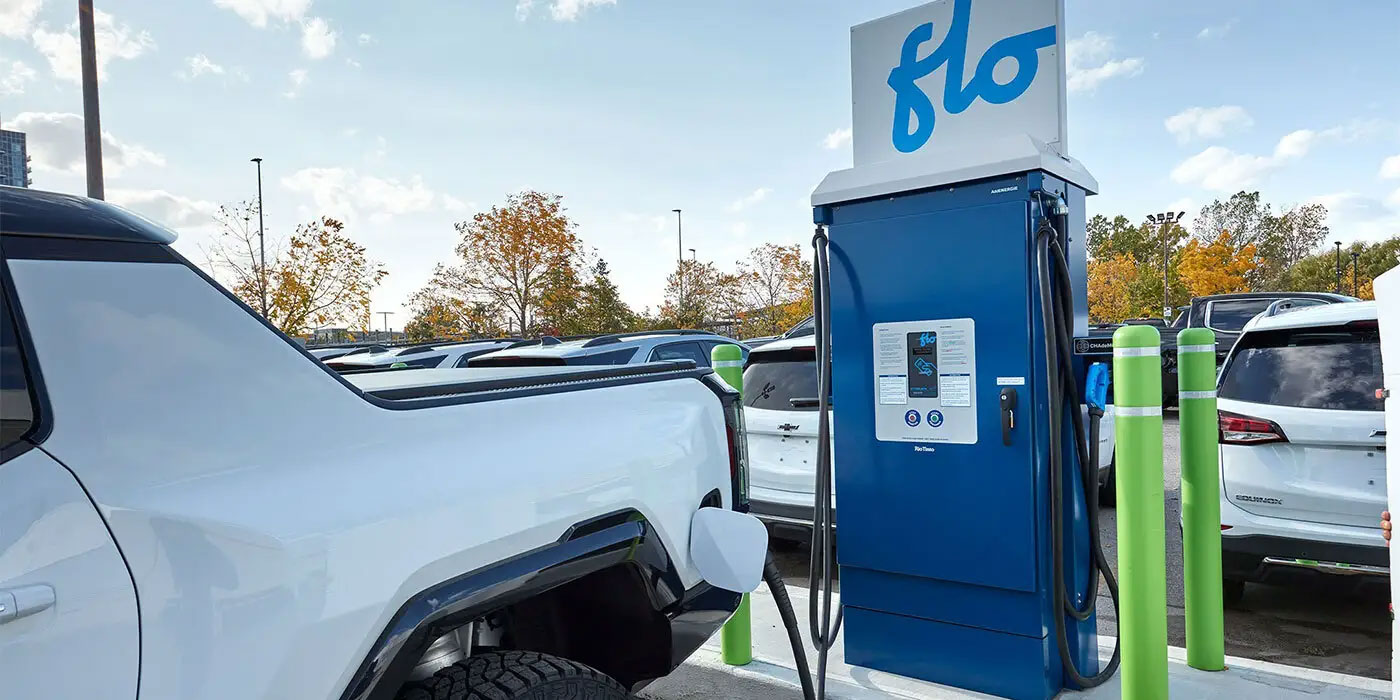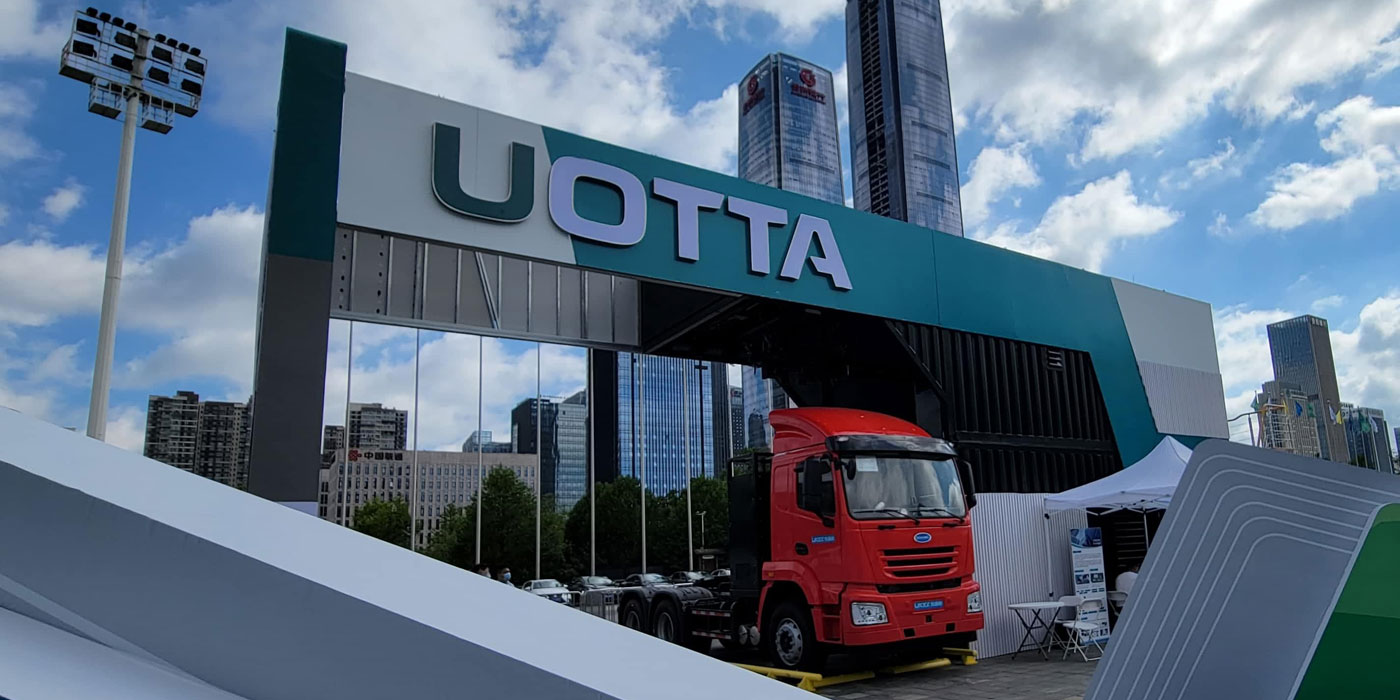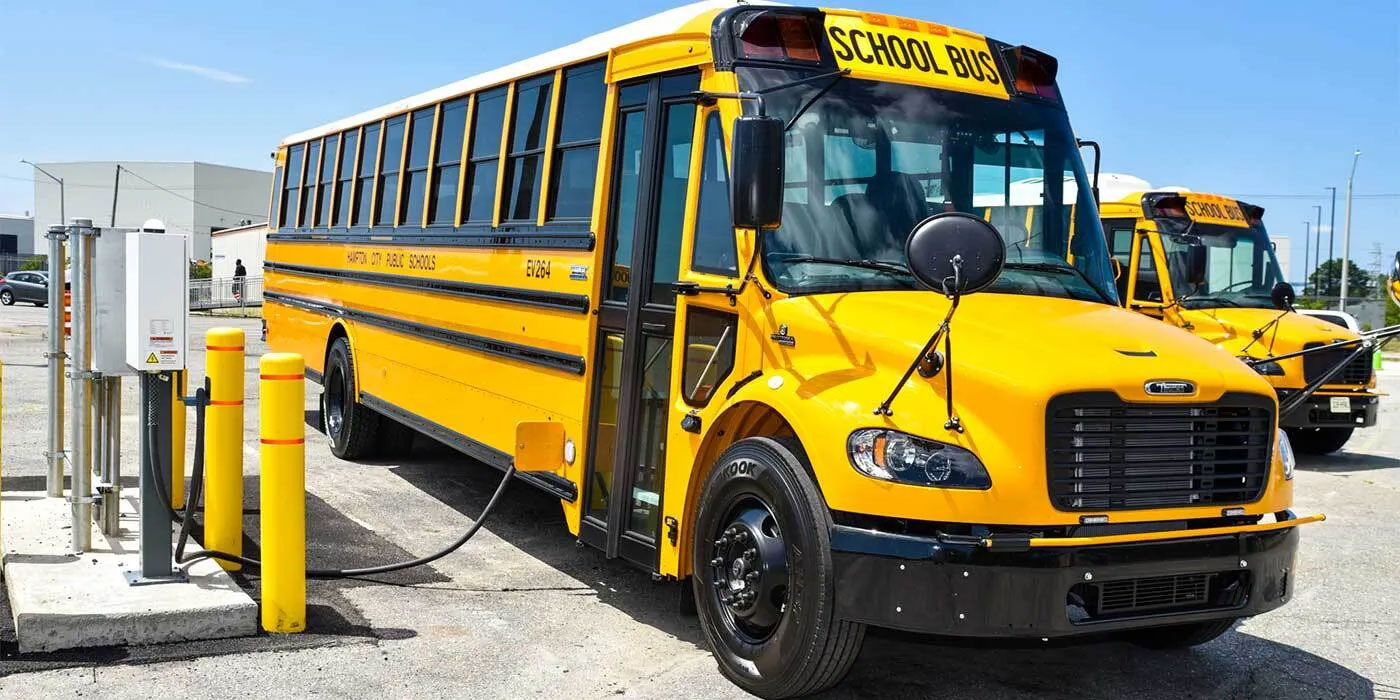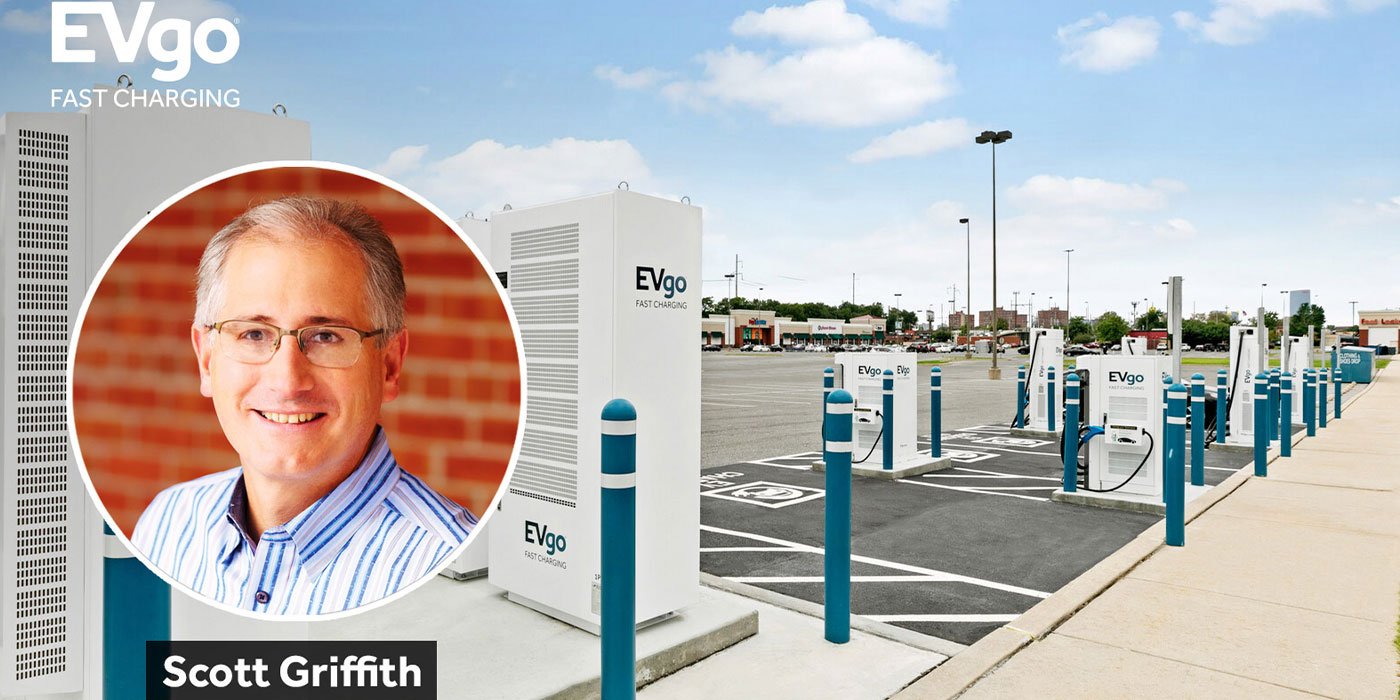From The Buzz
The federal government, through the U.S. Department of Energy (DOE), has announced nearly $74 million in funding from the Bipartisan Infrastructure Law for 10 projects to advance technologies and processes for electric vehicle (EV) battery recycling and reuse.
This administration says that since Biden took office, more than 1.2 million EVs have been sold in America – more than triple the number of EVs on the road before he took office. With demand for critical battery minerals, such as lithium and graphite, projected to increase by as much as 4,000% in the coming decades, this latest round of funding supports the recycling and reuse segment of the domestic battery supply chain. This announcement builds on the $2.8 billion through President Biden’s Bipartisan Infrastructure Law for domestic battery processing and component manufacturing.
Projects funded by the announcement will lead to second-use scale-up demonstrations that integrate end-of-life EV batteries into secondary applications. This includes stationary energy storage systems and projects that focus on advanced materials separation, scale-up, and reintegration of lithium-ion battery materials.

